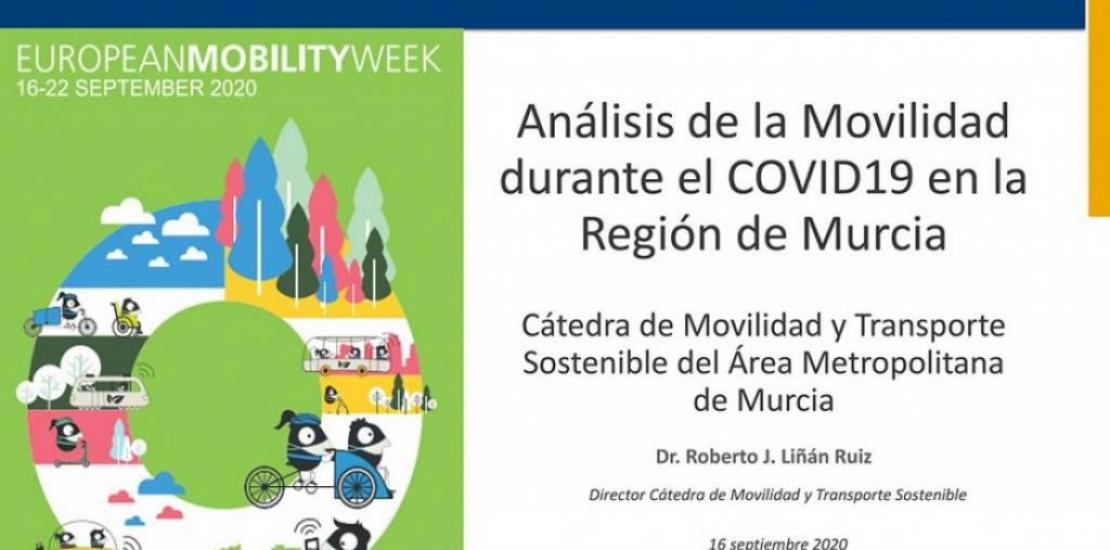The citizens of the Region of Murcia decide to encourage sustainable mobility after COVID
The current health crisis influenced mobility and the uses and preferences related to means of transports, as shown by an advancement in the study carried out in the Region, during the lockdown, by the Chair of Mobility and Sustainable Transport of UCAM, directed by Roberto José Liñán.
The study, ‘Analysis of Mobility during Lockdown due to Covid-19 in the Region of Murcia’ analysed the behaviour of users before and during the lockdown through more than 600 ‘online’ surveys among users from around 30 municipalities, such as Murcia, Molina de Segura, Lorca, Archena, Yecla, Alhama de Murcia, Mazarrón, Totana, Lorquí or Alcantarilla, with the collaboration of the corresponding town councils. It is one of the 24 projects financed by UCAM among its researchers from different areas of knowledge, to provide solutions to relieve the health, economic and socio-cultural problems caused by COVID-19.
During the lockdown, the mobility options that increased the most among the users were walking and riding the bike, with an increase of 29,5% and of 12,15% respectively. After the experience of the state of alert, the study shows the preference of the citizens of Murcia for non-polluting individual mobility, therefore they ask for an extension of the areas reserved for pedestrians and cyclists (76%); this shows their desire to start using public transportation again, guaranteed by the hygienic and disinfection measures. For this reason, Roberto Liñán proposes communication campaigns for all the measures that the services providers have been adopting since the beginning of the pandemic. Likewise, the respondents prefer sustainable transport for their journeys and they are favourable to possible restrictions to the use of cars established by the administration in case of possible increases in the polluting emissions.
For the researcher of UCAM, “we are facing a big opportunity to carry out new mobility policies, since the study carried out shows a change of mentality among the respondents”.




